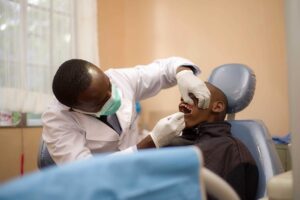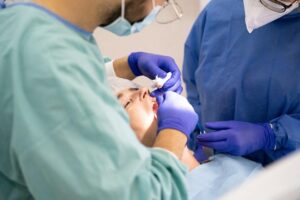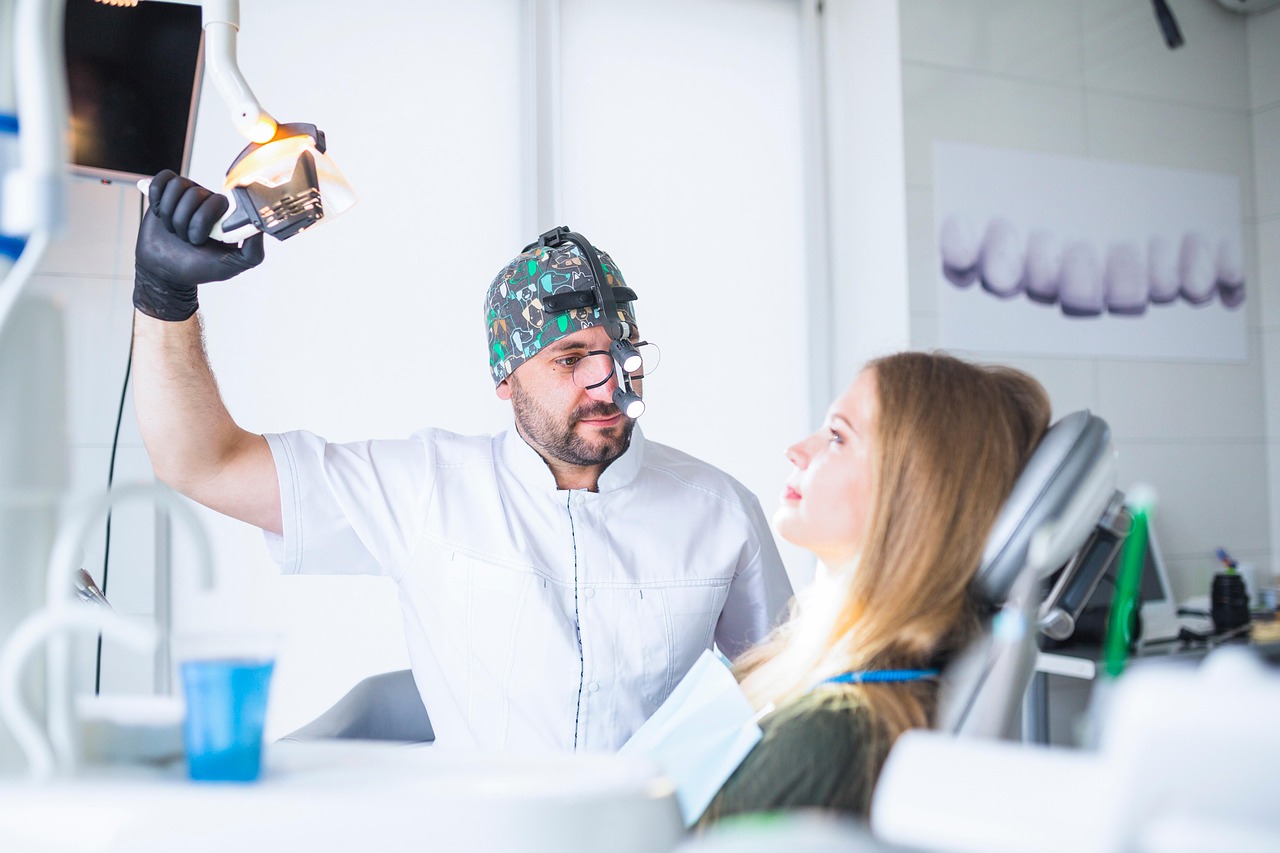Dental emergencies can strike when you least expect them. One moment, you’re enjoying a meal or laughing with friends, and the next, you’re faced with an unexpected tooth problem that sends you into a panic. These situations can be both alarming and painful, leaving many people unsure of what to do next. This is where people rush to their dentist. Dentist London can help you with any dental emergency you are having.
They have helped numerous patients experiencing dental emergencies throughout the years. But, understanding common dental emergencies is crucial. Knowing how to identify these issues can help you react swiftly and effectively. Whether it’s a sudden tooth injury during a sports game or an excruciating toothache that disrupts your day, being prepared can make all the difference in maintaining not just your oral health but also your peace of mind. Let’s dive into some common dental emergencies that require immediate care so you’ll know exactly how to handle them when they arise.
Tooth Injury or Knocked-Out Tooth
 A tooth injury can happen in an instant. One moment you’re playing a sport, and the next, you’ve taken a hard hit that leaves you with a knocked-out tooth. This situation is alarming and requires urgent attention. If this happens, try to retrieve the tooth carefully, avoiding any contact with the root. Rinse it gently under water if it’s dirty but don’t scrub or remove any tissue attached to it. Keep the tooth moist; place it in a glass of milk or your own saliva if possible. Time is of the essence here—seek dental care within an hour for the best chance of re-implantation.
A tooth injury can happen in an instant. One moment you’re playing a sport, and the next, you’ve taken a hard hit that leaves you with a knocked-out tooth. This situation is alarming and requires urgent attention. If this happens, try to retrieve the tooth carefully, avoiding any contact with the root. Rinse it gently under water if it’s dirty but don’t scrub or remove any tissue attached to it. Keep the tooth moist; place it in a glass of milk or your own saliva if possible. Time is of the essence here—seek dental care within an hour for the best chance of re-implantation.
Severe Toothache
A severe toothache can feel debilitating. The pain may arise suddenly, often leaving you in distress. You might experience sharp, throbbing sensations that zap your focus and disrupt your day. This discomfort usually signals an underlying issue, such as decay or infection. Ignoring it won’t make it go away; rather, the problem could escalate if left untreated. Pain management at home can provide temporary relief—a cold compress on the cheek or over-the-counter painkillers might help ease your suffering. However, these are just stopgaps.
Abscessed Tooth
An abscessed tooth is very painful and it occurs when bacteria invade the inner pulp of a tooth. This leads to an infection, creating pus and swelling. The discomfort can be intense, often radiating to other areas of your mouth or even your jaw. Signs of an abscess may include persistent pain, sensitivity to hot and cold, and swelling in the gums. You might also notice a bitter taste in your mouth due to drainage from the infection. Prompt treatment is crucial. Ignoring it can lead to severe complications like spreading infections or even tooth loss.
Broken or Cracked Tooth
 A broken or cracked tooth can happen in an instant. One minute you’re enjoying a crunchy snack, and the next, you feel that familiar jolt of pain. These injuries often occur due to trauma, grinding teeth at night, or simply wear and tear over time. The discomfort may range from mild sensitivity to sharp pain when chewing. Ignoring a crack can lead to more serious complications like infection. It’s essential to get it checked out by your dentist as soon as possible. Treatment options vary based on the severity of the damage.
A broken or cracked tooth can happen in an instant. One minute you’re enjoying a crunchy snack, and the next, you feel that familiar jolt of pain. These injuries often occur due to trauma, grinding teeth at night, or simply wear and tear over time. The discomfort may range from mild sensitivity to sharp pain when chewing. Ignoring a crack can lead to more serious complications like infection. It’s essential to get it checked out by your dentist as soon as possible. Treatment options vary based on the severity of the damage.
Lost Filling or Crown
Losing a filling or crown can be alarming. It often happens unexpectedly, leaving you with discomfort and a feeling of vulnerability. When this occurs, it’s crucial to address the issue promptly. Exposed tooth surfaces can lead to sensitivity and increased risk for decay. Without protection, bacteria have easy access. If you find yourself in this situation, try to keep the area clean. Rinse your mouth gently with warm salt water. Dental emergencies can be daunting. Understanding when to seek immediate care is crucial for maintaining your oral health. Whether it’s a knocked-out tooth or a severe toothache, knowing how to respond can make all the difference. Prioritizing dental health means being prepared for unexpected situations. Remember, timely intervention often leads to better outcomes and less complicated treatments down the line. Stay informed and proactive about your dental care; it’s worth it in the long run.…

